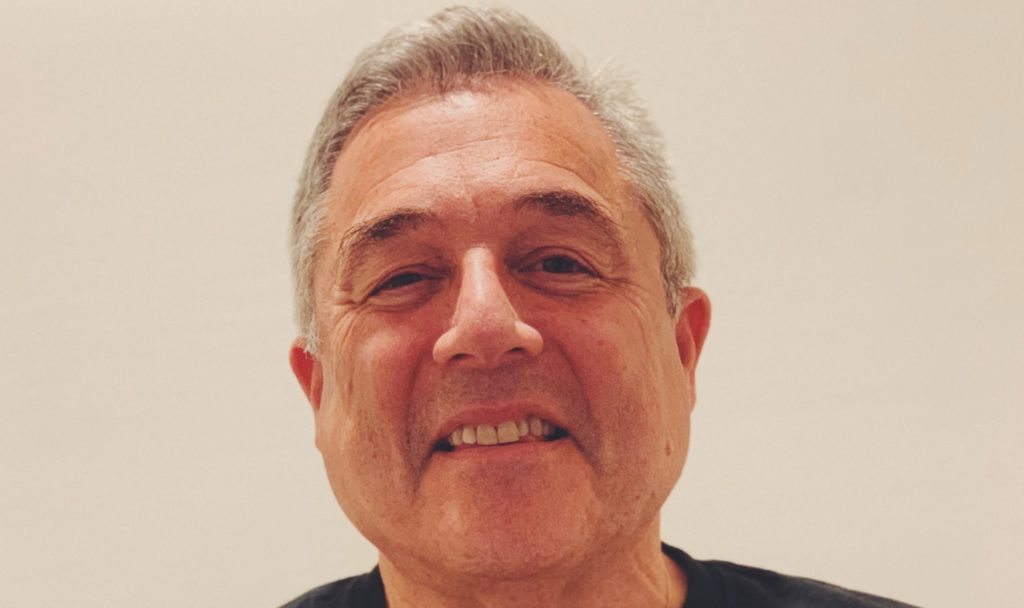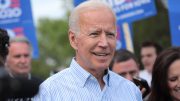Party’s primary process may not produce strongest nominee
By Eric Wiesenthal
When the post-mortem on the 2020 presidential race is written, it may say: “There’s such a thing as too much democracy!”
The Democratic National Committee, in its efforts to understand how it so completely misread the electorate in 2016, went on a region-by-region listening tour in 2017. It decided there should be a marathon of televised debates from spring 2019 through the early primaries in 2020. Requirements in donations and poll numbers were set to qualify for each debate.
Fair enough, right? Wrong.
What we have seen since the debates last summer is a ridiculous circus involving as many as 20 candidates over two nights whittled down in the Dec. 19 debate to seven candidates, including only two women and one person of color.
The party of the “big tent” allowed anyone with a big ego and a campaign mailing address to get before the electorate and make complete fools of themselves. It was a terrific idea if you’re a Republican political consultant, or worse, a member of the political netherworld looking to capture embarrassing sound bites that can be used out of context in attack ads. And let’s not forget Russian hackers.
At this point, unless you are an acolyte of Bernie Sanders, Elizabeth Warren or Joe Biden, you don’t know who to support. We’ll see a winnowing of candidates that started with the Iowa caucuses on Monday, continues with the New Hampshire primary on Feb. 11 and the Nevada caucus and South Carolina primary later in February. Then comes Super Tuesday on March 3, which includes California.
But Democrats may not know their nominee after that. Imagine the possibility of a brokered convention, which hasn’t happened for Democrats since 1960.
What will DNC Chairman Tom Perez, House Speaker Nancy Pelosi and influential state party chairpersons do? Will they subvert the process that has brought about the deadlock under the guise of transparency? Or will they astutely consider reliable information from the field, not polls, and conclude that all along Democrats, independents and moderate Republicans strongly desired a moderate-to-progressive candidate comfortable with sharing power with the vice presidential candidate.
Will it be Mayor Pete Buttigieg, Sen. Amy Klobuchar or a “dark horse?”

I offer the following possible candidate combinations: For president, Montana Gov. Steve Bullock, who won re-election in a state that President Donald Trump won by 20 percentage points. Bullock also has demonstrated his ability to work with the Republican-controlled legislature by passing one of nation’s toughest campaign finance laws, expanding Medicaid and passing major spending on infrastructure.
For vice president, Stacy Abrams, the first African American woman to run for governor in Georgia. She served 10 years as Democratic leader in that state’s House of Representatives. An expert in public finance and budgeting, she successfully worked with a Republican governor and legislature to secure criminal justice reforms and passage of the state’s largest public transportation funding package.
Or Klobuchar for president and Houston Mayor Sylvester Turner for vice president. And before you say “who?” he spearheaded that city’s recovery from Hurricane Harvey. A Harvard Law School graduate, Sylvester is an African-American veteran of the Texas legislature.
The point is that Democrats must come to their senses. They must remember the majority of voters want health care policies that won’t bankrupt the treasury, job creation in America’s small cities and towns and access to college that doesn’t lead to crushing debt.
It’s time for a modern, enlightened form of political deal-making, a tall order for a party that prides itself in letting everyone have a say in everything. Successful politics doesn’t work that way.





Thank you for the shout out to Houston Mayor Sylvester Turner as a possible VP candidate. However, it was the Mayor’s opponent who self-funded his campaign (general and runoff) to the tune of $12.3 million. Mayor Turner still handily beat him, which to me is a bigger accomplishment than self-funding.
Sue Davis
Communications Director
Mayor Sylvester Turner Campaign